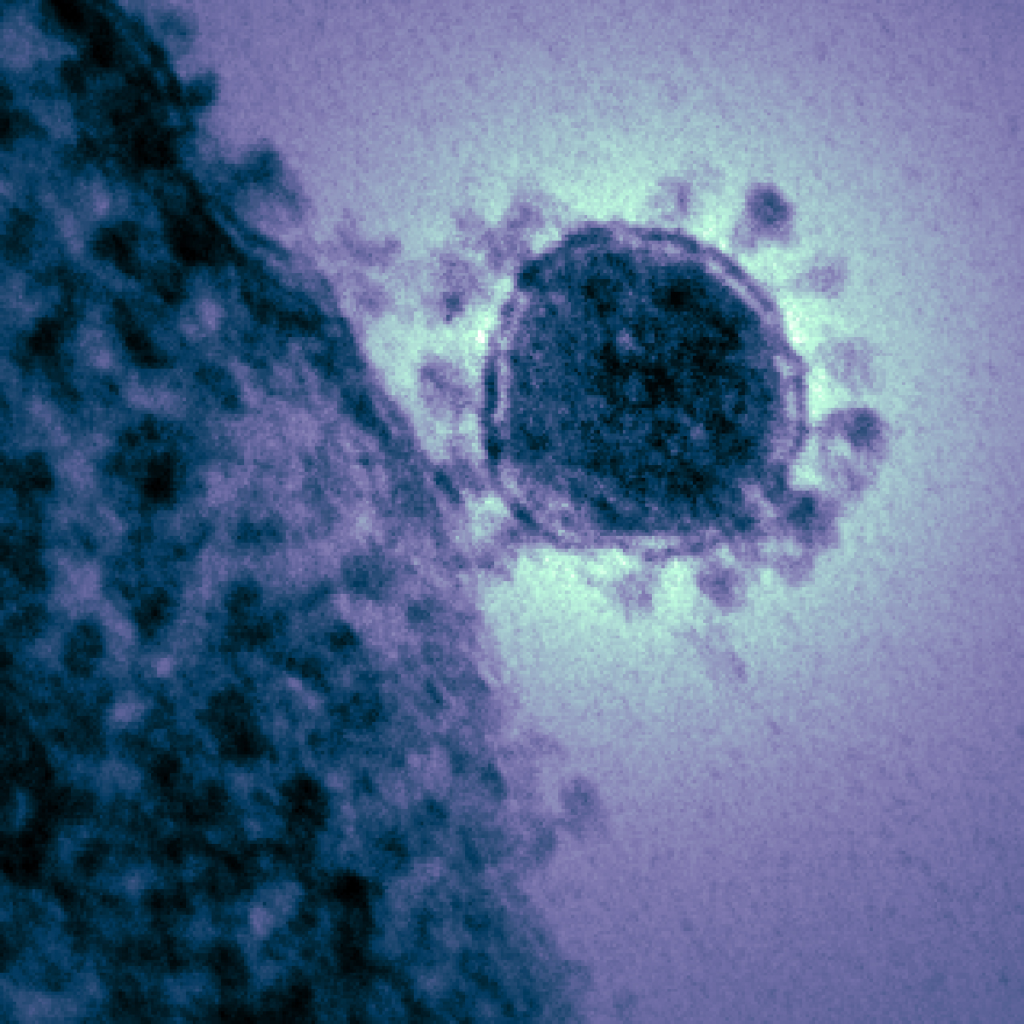Once the purview of virology researchers, the word “coronavirus” is now part of the vernacular in the mainstream media as reports of quarantined cruise ships (1) and makeshift hospitals (2) fill our online news feeds. While there is currently no approved anti-viral treatment for coronavirus infection (3), a team led by researchers from Vanderbilt University recently published work characterizing the anti-CoV activity of a compound, which they now plan to test against 2019-nCoV (4).
Developing New Therapeutics Against Coronaviruses
Coronaviruses (CoVs) are enveloped, single-stranded RNA viruses that exhibit cross-species transmission—the ability to spread quickly from one host (e.g., civet) to another (e.g., human). Scientists classify CoVs into four groups based on the nature of the spikes on their surface: alpha (α), beta (ß), gamma (γ) and delta (δ, 1). Only the alpha- and beta-CoVs can infect humans. Four coronaviruses commonly circulate within human populations: Human CoV 229E (HCoV229E), HCoVNL63, HCoVOC43, and HCoVHKU1. Three other CoVs have emerged as infectious agents, jumping from their normal animal host species to humans: SARS-CoV, MERS-CoV and most recently, 2019-nCoV (5).

The need for an effective, broad spectrum treatment against HCoVs, has been brought into sharp focus by the recent outbreak of the 2019 Novel Coronavirus (2019-nCoV; 6).
Continue reading “The Race to Develop New Therapeutics Against Coronaviruses”